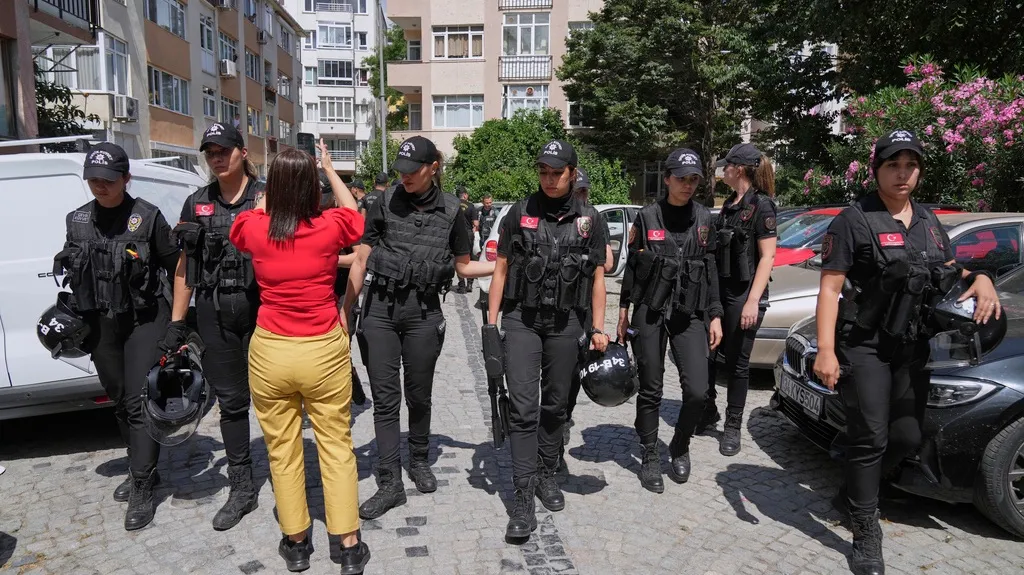December 4, 2014
2014 ONE AIDS Report Outlines Top Recommendations
Winnie McCroy READ TIME: 3 MIN.
For the first time in more than 30 years, the world has reached "the beginning of the end of AIDS." This finding, from the 2014 ONE AIDS Report, means more people were added to life-saving AIDS treatment over the past year than the number of people who became newly infected with HIV.
But the report -- released to mark World AIDS Day -- warns that this global milestone does not mean that the end of AIDS is around the corner.
"Despite the good news, we should not take a victory lap yet," said Erin Hohlfelder, ONE's Director of Global Health Policy and author of the report. "We've passed the tipping point in the AIDS fight at the global level, but not all countries are there yet, and the gains made can easily stall or unravel."
According to the report, the AIDS fight faces three major threats. The first is inadequate funding. The report finds we are at least $3 billion short annually of the amount needed to control the disease. The international donor funding that exists is unsustainable, contributed in large part by just three countries: the US, the UK and France-and many African governments are not meeting their own health spending promises.
Second, the disease is increasingly concentrated among those who are harder to reach. Compared with the rest of the adult population, HIV prevalence is dramatically higher among people who inject drugs, men who have sex with men, sex workers, and adolescent girls -- groups who are often stigmatized and have trouble accessing treatment and prevention services.
The third threat is the fragility of progress to date. As the Ebola crisis has highlighted in recent months, diseases can exploit weak health systems and quickly turn the clock back on success. A country passing the tipping point also doesn't mean that it is guaranteed to stay there. A good example is Ghana which, according to the report, reached the tipping point in 2012 but slid backwards in 2013.
Hohlfelder said the report's three main recommendations address these concerns.
"Based on the findings, we want to see bold new funding from a more diversified base -- including more from African domestic budgets -- because we can't rely on the same handful of donors every year. We are calling on those involved in the AIDS fight to target HIV where it is, not where it is easiest to reach, and that requires not just more money, but more effective programming and political pressure to help reach the most marginalized. And finally, we must build resilient health systems that can tackle AIDS along with other health changes, so that the next time a crisis like Ebola emerges, countries will be able to weather the storm."
ONE is a campaigning and advocacy organization of more than 6 million people taking action to end extreme poverty and preventable disease, particularly in Africa. Not politically partisan, we raise public awareness and press political leaders to combat AIDS and preventable diseases, increase investments in agriculture and nutrition and demand greater transparency in poverty-fighting programs.
ONE is not a grant-making organization and does not solicit funding from the public or receive government funding. ONE is funded almost entirely by foundations, individual philanthropists and corporations. We achieve change through advocacy. Our teams in Washington, D.C., New York, London, Johannesburg, Brussels, Berlin and Paris educate and lobby governments to shape policy solutions that save and improve millions of lives.
For more information, visit ONE.org.
Winnie McCroy is the Women on the EDGE Editor, HIV/Health Editor, and Assistant Entertainment Editor for EDGE Media Network, handling all women's news, HIV health stories and theater reviews throughout the U.S. She has contributed to other publications, including The Village Voice, Gay City News, Chelsea Now and The Advocate, and lives in Brooklyn, New York.


